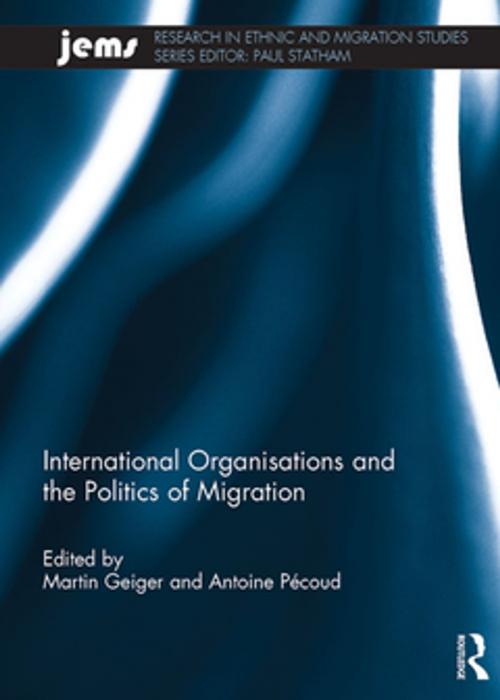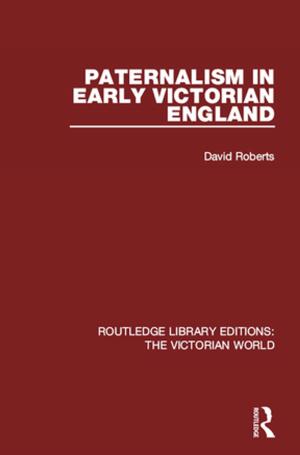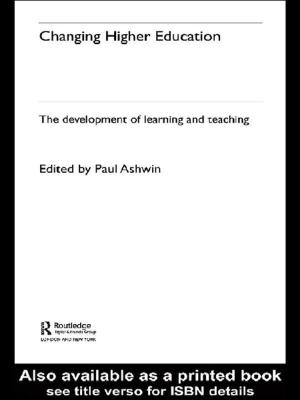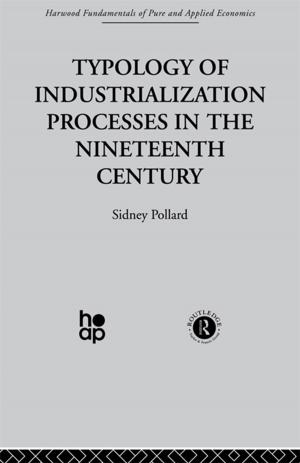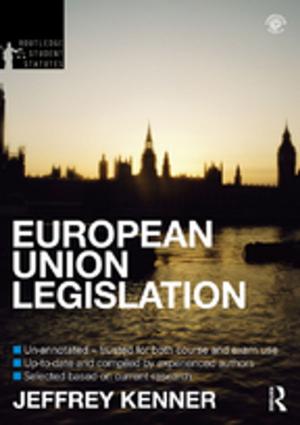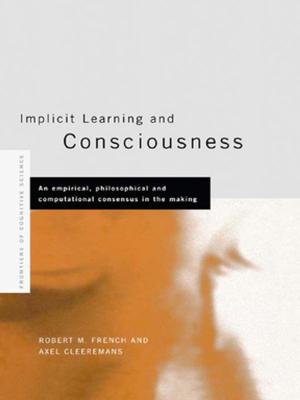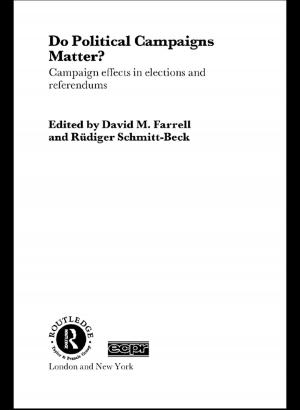International Organisations and the Politics of Migration
Nonfiction, Social & Cultural Studies, Social Science, Sociology| Author: | ISBN: | 9781317507963 | |
| Publisher: | Taylor and Francis | Publication: | October 2, 2017 |
| Imprint: | Routledge | Language: | English |
| Author: | |
| ISBN: | 9781317507963 |
| Publisher: | Taylor and Francis |
| Publication: | October 2, 2017 |
| Imprint: | Routledge |
| Language: | English |
Over the last two decades, international migration has become a global issue. It is perceived as an ongoing challenge for governments, as well as an issue that is deeply related to other international challenges, such as development, climate change, security and public health. In this context, international organisations have become influential in the way in which migration is thought about and governed. They play an important role, steering states’ behaviour and intervening on the ground, through the design and implementation of immigration policy.
International organisations tend to promote a positive view of migration, extolling its benefits for all parties. There often exists a contrast between this positivity and the public and political scepticism regularly expressed in Western receiving countries. According to their advocates, international organizations have the potential to improve the governance of migration, by supporting cooperation between states and promoting balanced and comprehensive political strategies. However their detractors criticise them for aligning themselves with the interests of receiving states and for their political agenda. This book brings together analytical and empirical contributions that explore the role of international organisations in migration politics worldwide. This book was originally published as a special issue of the Journal of Ethnic and Migration Studies.
Over the last two decades, international migration has become a global issue. It is perceived as an ongoing challenge for governments, as well as an issue that is deeply related to other international challenges, such as development, climate change, security and public health. In this context, international organisations have become influential in the way in which migration is thought about and governed. They play an important role, steering states’ behaviour and intervening on the ground, through the design and implementation of immigration policy.
International organisations tend to promote a positive view of migration, extolling its benefits for all parties. There often exists a contrast between this positivity and the public and political scepticism regularly expressed in Western receiving countries. According to their advocates, international organizations have the potential to improve the governance of migration, by supporting cooperation between states and promoting balanced and comprehensive political strategies. However their detractors criticise them for aligning themselves with the interests of receiving states and for their political agenda. This book brings together analytical and empirical contributions that explore the role of international organisations in migration politics worldwide. This book was originally published as a special issue of the Journal of Ethnic and Migration Studies.
